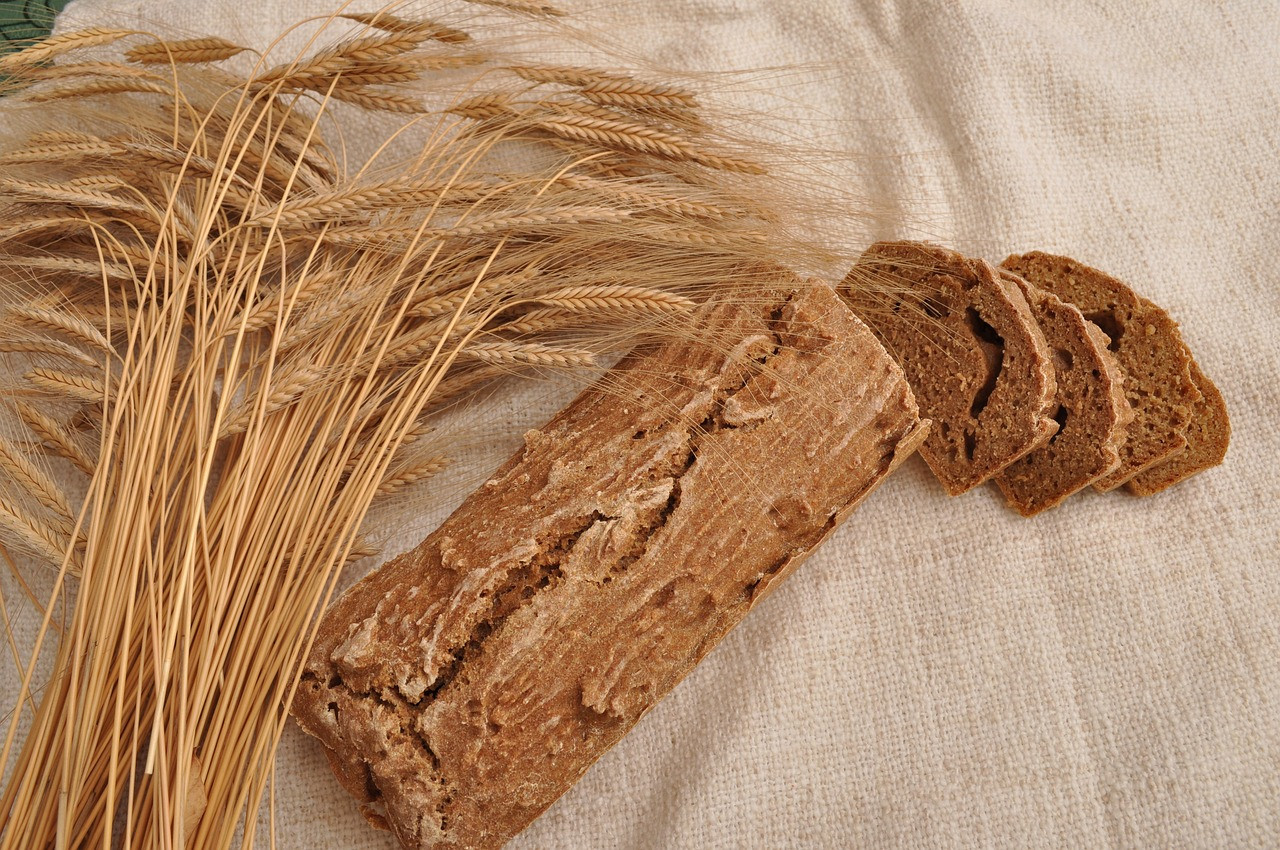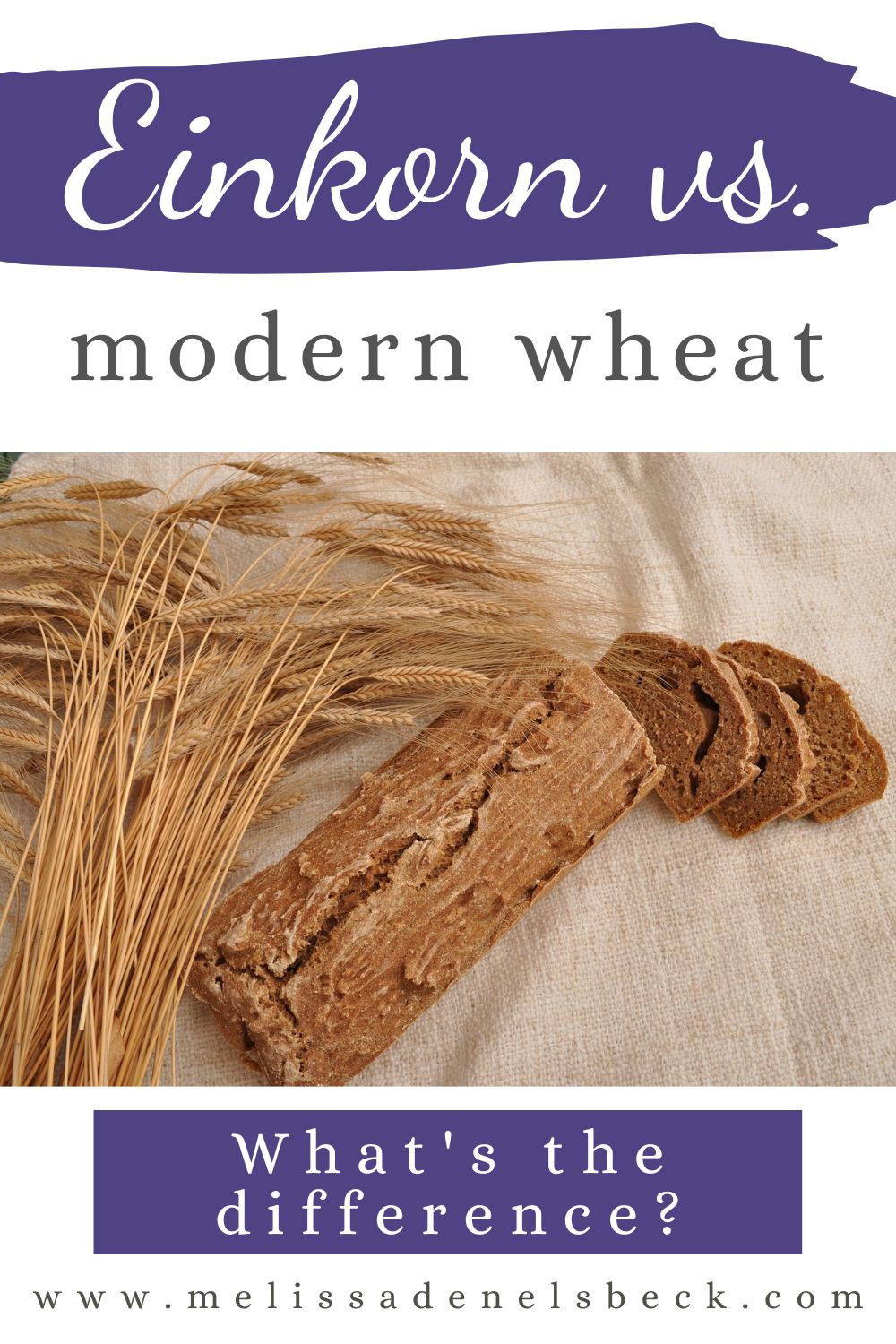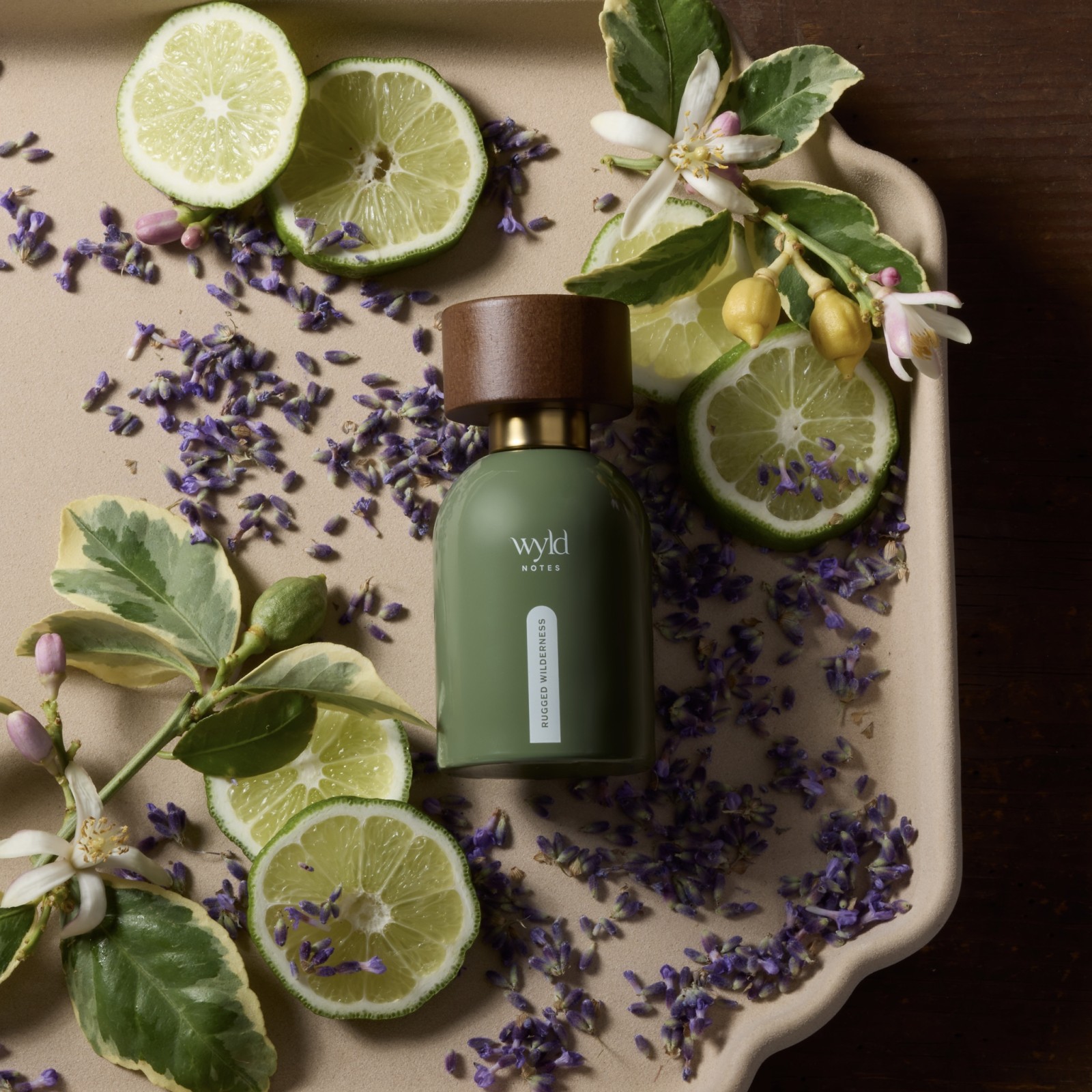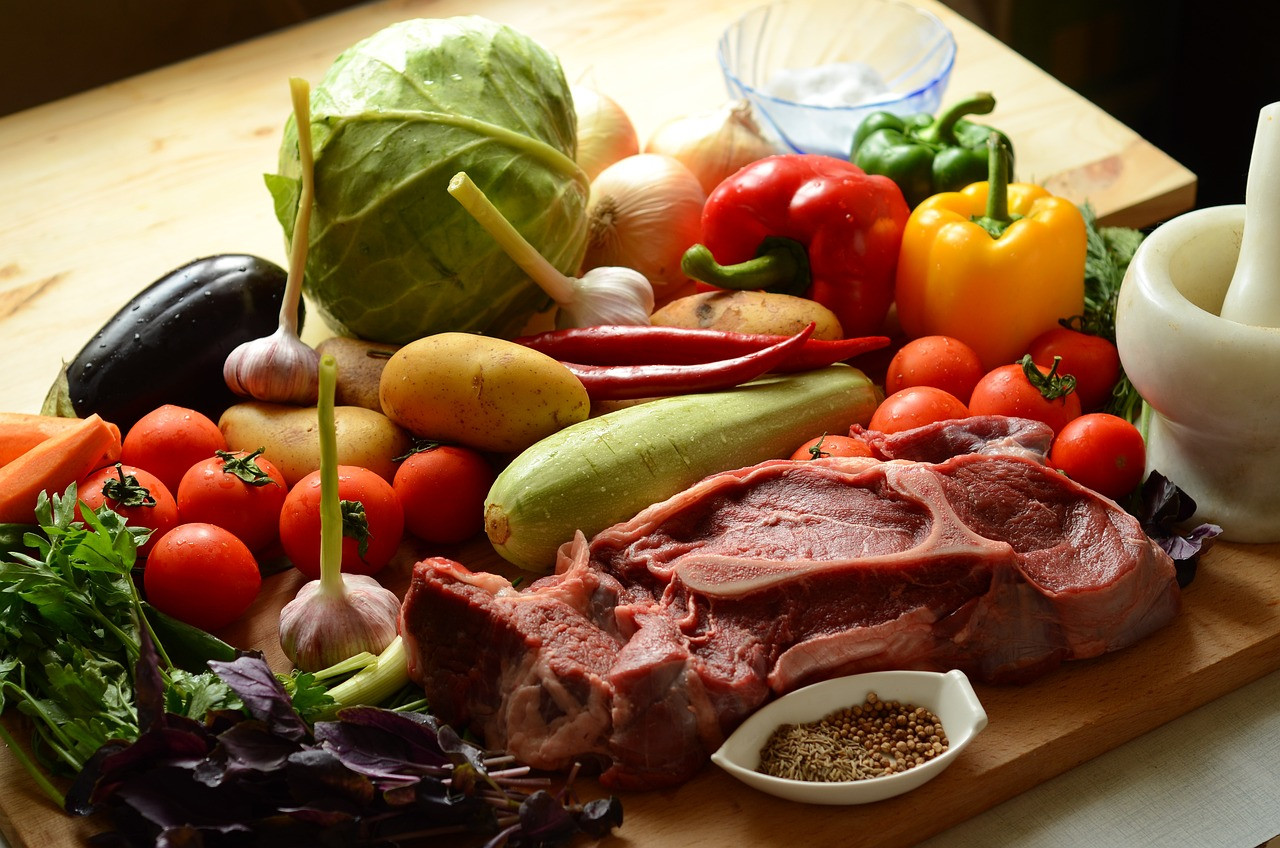
Have you heard of ancient grains? They seem to be becoming more common, so if you've delved very deep into wheat alternatives, you've probably run across them.
Einkorn is the first ancient grain I used, and it's still the one I'm most familiar with. It's an ancient form of wheat that's been cultivated for thousands of years, and it's different from modern wheat in a couple significant ways that can impact your health – namely its chromosomes and nutrients.
Why Chromosomes are Important
The big difference between einkorn and modern wheat is its genetic structure. Einkorn has only 14 chromosomes while modern wheat has 42.
If you're like me, you probably don't immediately understand the impact of that difference. Why does the number of chromosomes make a difference?
Think of chromosomes like Legos – each one is a block making up a Lego structure. And our digestive system has to take that structure apart and separate it into its individual blocks. It's obvious that a structure of 14 blocks will come apart more quickly and easily than a structure of 42 blocks.
While digestion is a lot more complicated than that, I hope it gives you a bit of a visual. The gist is that einkorn is easier for your body to process because it is a simpler structure.
In fact, many people who are sensitive to modern wheat can eat einkorn without any issues. Everyone is different, of course, and it may depend on how sensitive you are. If you have full-blown Celiac's, I can't guarantee that you'll have any better result with einkorn. Only you can make the decision whether it's safe and worth it for you to try it.
Nutritional Differences
Einkorn is more nutritious than modern wheat as well. It has more of the following nutrients:
- Protein – increases muscle, boosts metabolism, reduces cravings, and lowers blood pressure
- Riboflavin – important for red blood cell production, fights free radicals, and helps convert vitamin B6 and folate
- Vitamin B6 – important for normal brain development and healthy immunity and nervous system
- Beta carotene – promotes eye health and good vision, strengthens immune system
- Vitamin A – helps organs function properly, important for growth and development, vision, immunity, and reproduction
- Lutein – beneficial for heart and eye health, brain function, and may reduce risk of certain cancers
Getting Started with Einkorn
If you're new to einkorn, I recommend starting out with recipes that call specifically for einkorn flour. It does behave a bit differently than the flour you're used to, and you'll have better results using einkorn-specific recipes until you get a feel for it.
For sourcing einkorn, look for a high-quality organic producer. Einkorn is actually easier to grow organically than conventional wheat, so you shouldn't have too much trouble finding organic.
If you're in southwestern/west central Minnesota or eastern South Dakota, I recommend
Sandhill Mill for freshly milled flour. It's what I've been using the past several months.
If you're interested in learning more about upgrading the food you eat, check out some of my other
blogs about nutrition.
















0 Comments